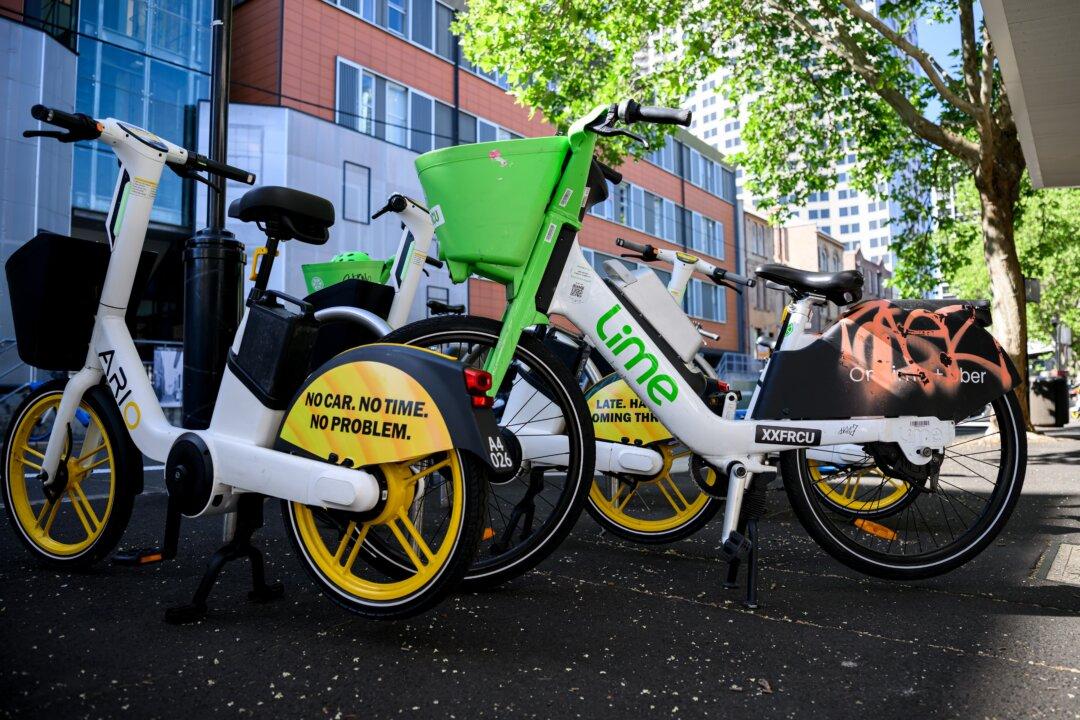Almost half of Australians have easy-to-guess passwords, resulting in more than $190 million (US$127 million) being lost to online scams and hackers so far this year.
Some 46 percent use weak passwords to protect their online accounts, a survey conducted for Telstra found.





